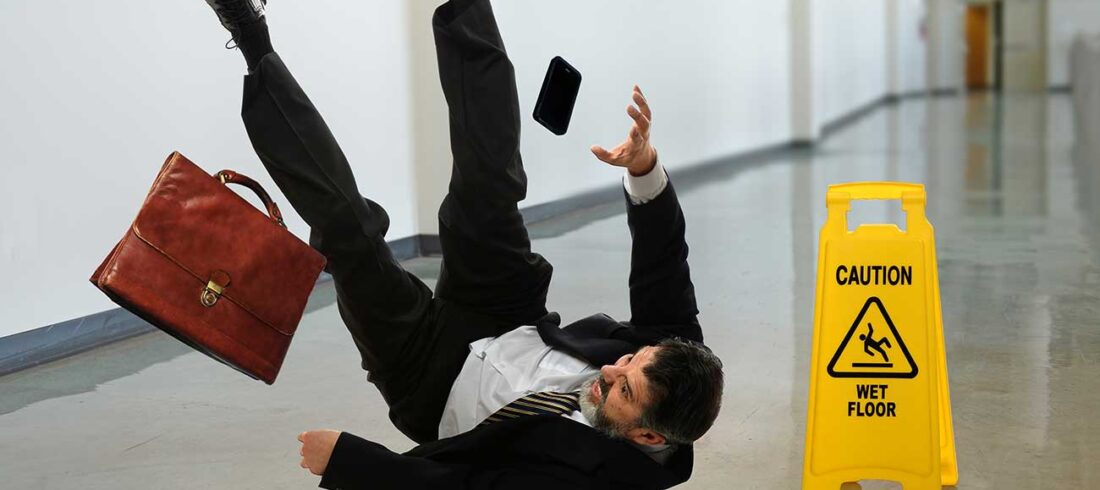When Medical Malpractice Leads to Wrongful Death: A Lawyer’s Role in Seeking Justice
Medical malpractice is a serious issue that often has devastating consequences. In some cases, it leads to the ultimate tragedy—wrongful death. Families dealing with the sudden loss of a loved one due to medical negligence are not only left grappling with grief but also the overwhelming process of seeking justice. A wrongful death lawsuit provides a legal avenue for families to hold healthcare professionals accountable and seek compensation for their loss.
In this blog post, we’ll explore how wrongful death cases stem from medical malpractice, the role of a lawyer in such lawsuits, and what steps families can take to pursue justice.
What Constitutes Medical Malpractice?
Medical malpractice occurs when a healthcare provider deviates from the standard of care expected in their field, harming the patient. This can happen in many ways, such as:
- Misdiagnosis or delayed diagnosis
- Surgical errors
- Medication errors
- Birth injuries
- Failure to treat or delayed treatment
- Anesthesia mistakes
In a wrongful death case, medical malpractice becomes fatal. To prove medical malpractice, the plaintiff (the party filing the lawsuit) must show that the healthcare provider’s negligence directly caused the patient’s death.
Elements of a Medical Malpractice Claim
To file a successful wrongful death lawsuit due to medical malpractice, a lawyer must prove four key elements:
- Duty of Care: The healthcare provider owed the patient a legal duty of care.
- Breach of Duty: The provider failed to meet the accepted standard of care.
- Causation: The breach directly caused the injury or death.
- Damages: The injury or death resulted in significant damages, such as medical bills, loss of income, or emotional suffering.
What Is Wrongful Death in Medical Malpractice?
Wrongful death claims arise when someone dies due to the negligence or misconduct of another party. This often involves healthcare professionals such as doctors, nurses, or hospital staff in medical malpractice cases.
The death must be directly linked to the negligent act or omission for it to qualify as wrongful death under medical malpractice law. In cases where medical errors are the cause, the victim’s family can file a lawsuit to seek compensation for damages such as:
- Medical expenses related to the treatment leading up to the death
- Funeral and burial costs
- Loss of income (both current and future)
- Loss of companionship
- Pain and suffering
In most states, wrongful death lawsuits are subject to statutes of limitations, meaning they must be filed within a specific time frame after the death. This time frame is typically two to three years but can vary depending on the jurisdiction.
Common Causes of Wrongful Death Due to Medical Malpractice
Wrongful death resulting from medical malpractice can occur in many situations. Some of the most common causes include:
1. Surgical Errors
Surgeries are high-stakes medical procedures, and mistakes made in the operating room can be catastrophic. Common surgical errors leading to wrongful death include:
- Performing surgery on the wrong site
- Leaving surgical instruments inside the patient
- Administering the wrong dose of anesthesia
- Inadequate postoperative care
2. Misdiagnosis and Delayed Diagnosis
A failure to correctly diagnose a serious condition, or diagnosing it too late, can lead to fatal outcomes. For example, if a doctor fails to diagnose cancer at an early stage, the patient may lose their opportunity for life-saving treatment.
3. Medication Errors
Prescription errors, such as administering the wrong drug or dosage, can have deadly consequences. This is especially true for elderly patients or those with complex medical conditions who are particularly vulnerable to medication interactions.
4. Birth Injuries
Mistakes during childbirth can lead to the death of either the mother or the infant. Birth injuries that result in wrongful death may include the failure to monitor fetal distress, improper use of forceps, or failure to perform a necessary C-section.
5. Anesthesia Mistakes
Improper administration of anesthesia is another cause of wrongful death. Errors in dosage or failing to monitor a patient’s vital signs during surgery can lead to fatal complications, such as cardiac arrest or brain damage.
How Lawyers Prove Wrongful Death in Medical Malpractice Cases
Wrongful death cases are complex and require extensive legal expertise, particularly when medical malpractice is involved. A lawyer representing a wrongful death claim will take several steps to ensure the family receives the justice and compensation they deserve.
1. Conducting a Thorough Investigation
The first step in any wrongful death lawsuit is a comprehensive investigation. Lawyers gather medical records, interview witnesses, and consult medical experts to establish what happened.
- Medical Records: Lawyers will scrutinize the victim’s medical history to identify errors or omissions.
- Expert Testimony: Medical experts are often called to testify about the standard of care and how the defendant’s actions fell short of that standard.
- Autopsy Results: An autopsy can provide critical evidence in wrongful death cases by clarifying the cause of death.
2. Establishing Negligence and Causation
Proving that a healthcare provider’s negligence caused the death is one of the most challenging aspects of a medical malpractice wrongful death case. Lawyers must demonstrate that the provider’s breach of duty directly resulted in the patient’s death, which can involve complex medical evidence and expert testimony.
3. Calculating Damages
A wrongful death lawsuit can result in significant compensation for the surviving family members. Lawyers will calculate economic damages (medical bills, loss of income, funeral costs) and non-economic damages (pain and suffering, loss of companionship) to ensure the family is fully compensated for their loss.
In some cases, families may also be entitled to punitive damages designed to punish the healthcare provider for particularly egregious negligence.
4. Negotiating a Settlement or Going to Trial
Many wrongful death cases are settled out of court, but if a fair settlement cannot be reached, the case may go to trial. An experienced lawyer will guide the family through every process stage, from settlement negotiations to courtroom litigation.
Challenges in Medical Malpractice Wrongful Death Cases
Wrongful death cases, especially those stemming from medical malpractice, present unique challenges. Some of the common obstacles include:
1. Proving Negligence
It’s not enough to show that a healthcare provider made a mistake. The lawyer must prove that the error constitutes negligence and that the negligence caused the death. This often involves complex medical testimony and expert opinions.
2. Dealing with Insurance Companies
Insurance companies often fight hard to avoid paying out large settlements. They may argue that the death was due to a pre-existing condition or that the healthcare provider’s actions did not directly cause the death. An experienced lawyer can counter these tactics and negotiate for a fair settlement.
3. Statutes of Limitations
Each state has a statute of limitations for wrongful death claims, which sets a time limit on how long families have to file a lawsuit. Missing this deadline can bar the family from ever seeking compensation. Lawyers must ensure that the lawsuit is filed within the appropriate time frame.
The Importance of Legal Representation in Wrongful Death Cases
Navigating a wrongful death lawsuit is a complex and emotionally taxing process. Families are often dealing with grief while simultaneously facing legal battles with hospitals, doctors, and insurance companies. This is why hiring a skilled wrongful death attorney is crucial.
1. Understanding Medical Malpractice Laws
Medical malpractice laws vary by state, and an experienced attorney will know the specific regulations in their jurisdiction. They will also be familiar with the tactics healthcare providers and insurance companies use to avoid liability.
2. Maximizing Compensation
A wrongful death lawyer ensures that the family receives the maximum possible compensation. This includes not just covering medical bills and funeral expenses but also compensating for the emotional pain and future financial losses caused by the death.
3. Providing Emotional Support
While no amount of money can replace a lost loved one, a successful lawsuit can provide some financial stability and a sense of closure. A compassionate lawyer understands this and supports the family throughout the legal process.
Conclusion
Wrongful death cases arising from medical malpractice are some of the most complex legal battles families will ever face. Proving that a healthcare provider’s negligence caused a loved one’s death requires thorough investigation, expert testimony, and skilled legal representation. By hiring a wrongful death lawyer experienced in medical malpractice cases, families can seek justice and ensure that those responsible are held accountable.
If you’ve lost a loved one due to medical malpractice, it’s important to consult with an experienced lawyer who can help you navigate the legal process and pursue the compensation your family deserves.





